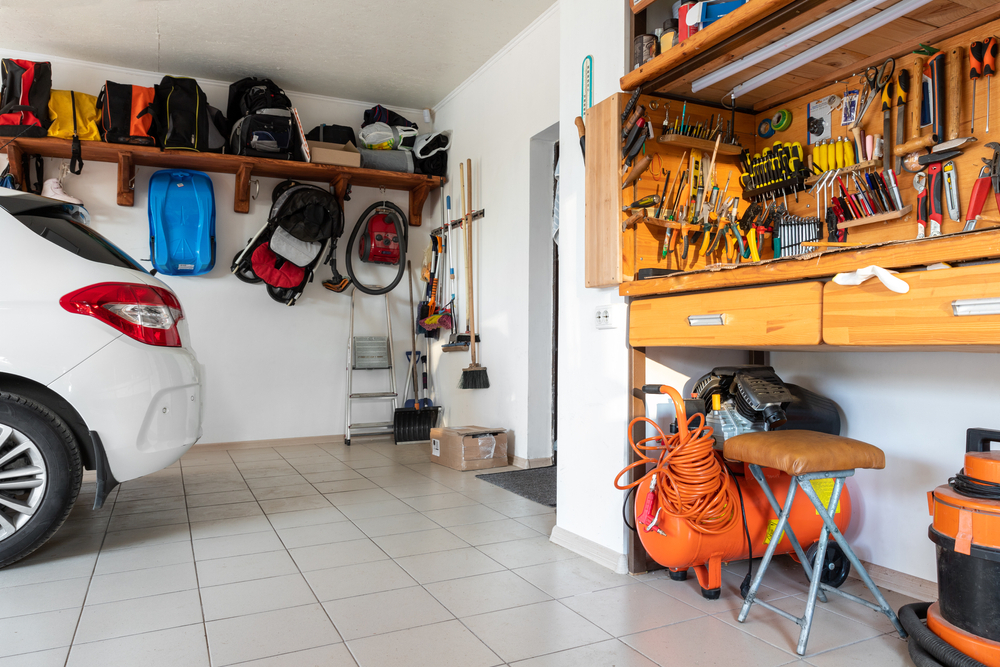Lifestyle
10 Road Tips for Driving Responsibly While in Transit

Did you know that driving responsibly is critical for every driver? This is especially important when driving in transit.
While driving on the road and in transit, a safe driver should always drive safely and cut the risk to themselves and other drivers. Driving responsibly involves following the law and constantly looking out for danger on the road.
Driving safety should always be your top priority and you should always practice safe driving habits.
There are plenty of tips you can use to drive safely while on the road. Are you in need of safe driving tips for traveling? If so, read on to learn more about safe driving habits while traveling in this guide!
Table of Contents
1. Plan Your Route in Advance
When driving while in transit, planning your route is a responsible driving tip that can help keep you safe. It is important to know the general discussion and vicinity of your destination so you don’t make wrong turns or get lost. It’s also best to view these telltale signs before traveling to have some idea of when to call an accident lawyer in case of an accident.
When driving a longer distance, break up your route into smaller sections, as this plan allows for better flexibility and improved performance. Taking regular rest stops for you to stay alert, as this helps you make more conscious decisions on the road while avoiding exhaustion.
2. Check Your Vehicle
Check the oil, tires, brakes, and lights. Make sure the car is up to date on maintenance. If you have anything remaining to be checked, it should be done before the trip.
Check the fluid levels, belts, and hoses. Test the warning system as well, like the brakes and lights. Depending on the length of the trip, you may want to bring a spare tire and some extra fluids, just in case.
Check the vehicle’s paperwork to make sure all relevant documentation, such as registration and proof of insurance, is in order. Make sure there are no loose interior items and that the ground is clear of any debris that may endanger someone during the drive.
3. Buckle Up
Always remember to buckle up when you hit the roads! Whether you’re driving yourself or have someone else driving you, buckling up is one of the most important road tips for driving responsibly and safely while in transit. Always ensure that your seatbelt is properly fastened before you put your car into drive.
Make sure that everyone in the vehicle has their seatbelts securely buckled even if they’re only riding a short distance. Using a seatbelt while driving could mean the difference between life and death, so it’s important to take the time to make sure everyone is wearing a seatbelt before taking off.
4. Follow Traffic Laws
When driving while in transit, it is important to always follow traffic laws. This includes obeying the posted speed limit and stopping at all traffic signals and stop signs. It is important to wear a seat belt at all times and never drive while under the influence of alcohol or drugs.
5. Keep a Safe Distance
When driving in busy traffic, leave some extra room between your vehicle and the car in front of you. You should support a safe following distance so you can react if the car in front of you makes a sudden stop.
If you are driving on rural roads, remember to keep a safe distance between you and the vehicle ahead of you for the greatest visibility.
6. Avoid Distractions
Keep your eyes on the road and concentrate on driving. Put away cell phones and other electronics, such as music players. Avoid talking to passengers while driving.
They may be talking about something interesting, but your priority should be driving safely. Keep the music playing in your car at a proper level. Refrain from using makeup or anything else that might interfere with driving.
7. Stay Alert
Make sure to leave enough time not to rush and drive at a rate that is proper for the roads you are traveling on. Consider different road conditions and hazards, such as darkness, slick roads, large vehicles, and road construction. Always wear a seat belt, obey speed limits and traffic laws, and keep your eyes on the road.
8. Take Breaks
When your body is fatigued it can affect how you’re able to concentrate on the roads and lead to slower reaction times if a dangerous situation arises. You should take a 10-15 minute break every 2 hours to rest and relax your body. Make sure you plan out the breaks so it does not add to your ETA.
During the breaks, you should take some time to stretch, get fresh air, and have a snack. Prioritize safety and make sure you have a full night’s rest before a long journey. If you find yourself tired and unable to focus, then consider looking for a motel or hotel for the night.
9. Be Patient
Getting from point A to point B requires patience and respect for the rules of the road. When driving, you should always take deep breaths and stay calm if another driver is inconsiderate or if traffic is moving slowly. Resist the urge to speed up to cut off other drivers and always follow the posted speed limit.
10. Be Aware of the Weather
Driving responsibly means being aware of the weather. When it’s raining, visibility is reduced so you’ll have to drive slower and more cautiously. You should also watch out for hydroplaning, which is when the tires lose traction because of standing water on the road.
If it’s foggy, keep your lights on low and use your defrosters to keep the clarity of sight, and make sure your windows are clean and clear. Snow and ice can be tricky, so keep an eye out for slippery conditions, build up a cushion of distance ahead of your vehicle so you have plenty of time to react, and if you don’t feel comfortable driving, stay off the roads altogether and find an alternative way to travel.
Be Safe on the Road by Driving Responsibly
Driving responsibly is essential to keeping yourself and others safe on the road. By following these ten tips, you can reduce your risk of a car accident and arrive at your destination safely. Remember to always stay focused, alert, and patient while driving, and never take unnecessary risks that could put yourself or others in danger.
Did you enjoy reading this article? Browse our page for more interesting articles.
Related Content:
Is Driving While Intoxicated (DWI/DUI) a Felony or a Misdemeanor Offense?
Why do mobile advertisers care about driving physical store traffic?













